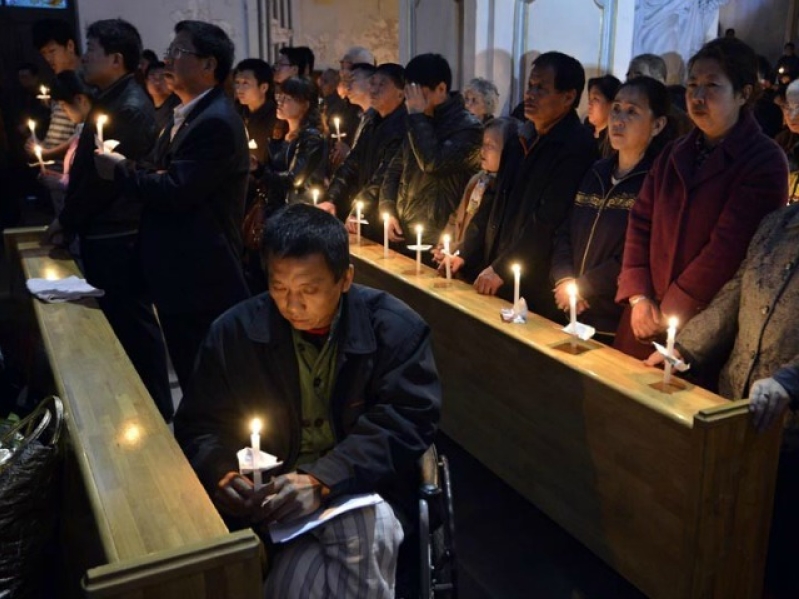
A house church in China has refused to succumb to the demands of authorities despite facing continued harassment for refusing to install cameras in the building.
Reuters reports that in April, The Zion church in Beijing, one of the city's largest unofficial Protestant "house" churches, was ordered to install 24 closed-circuit television (CCTV) cameras in the building for "security."
"They wanted to put cameras in the sanctuary where we worship. The church decided this was not appropriate," Zion's head pastor, Jin Mingri, told Reuters. "Our services are a sacred time."
When the church refused to obey, police and state security agents started harassing churchgoers, Reuters reports. In addition to calling them, visiting them, and contacting their workplace, officials asked the Christians to promise not to go to church.
Now, The Zion church is being evicted despite previous verbal assurances from its landlord that it could rent the location until 2023, Jin said. But despite ongoing persecution, the church refuses to betray their faith by submitting to the Communist government.
"House churches believe that our spiritual needs and the content of our faith is ruled over by God," Pastor Jin said. "What we need is the freedom to believe. Without this, it is not real faith."
There are roughly 60 million Christians in China, most of them Protestant, with about 10 million Catholics, according to independent estimates.
In efforts to "sinicize" - to be culturally Chinese and submit to oversight from the Communist Party - Christianity, China tightened restrictions on churches not sanctioned by authorities earlier this year.
In addition to being asked to install security cameras, some unofficial churches have been asked by police to take detailed lists of attendee IDs and phone numbers. Yet, authorities have also demolished fully registered churches as well, taking down rooftop crosses and arresting believers. In Henan province, church-run academies for children have also been shut down, with Communist officials accusing teachers of "brainwashing" students with Christianity.
Wang Yu, a prominent rights lawyer who has defended Christians from harassment, told Reuters the pressure on believers is an attempt to force the church to close.
"The authorities hope numbers will dwindle till it becomes impossible to continue, but in recent months ever-more churchgoers have been attending service," she said, adding that the situation is likely to worsen, as authorities have started describing the church as a "cult" when harassing churchgoers.
"Being labeled a cult was how it all started for the Falun Gong in 1999," Wang said, referring to the spiritual movement the Communist Party banned that year.
Open Doors, a group that tracks religious persecution, says China is now in the top 50 of countries where it is most difficult to practice Christianity.
"All Christians are slandered, which seems to support the widely held belief that the Communist Party is banking on a unified Chinese cultural identity to maintain its power," said Open Doors. "Christians, in particular, are hedged in by authorities, as they are the largest social force in China not controlled by the state."







